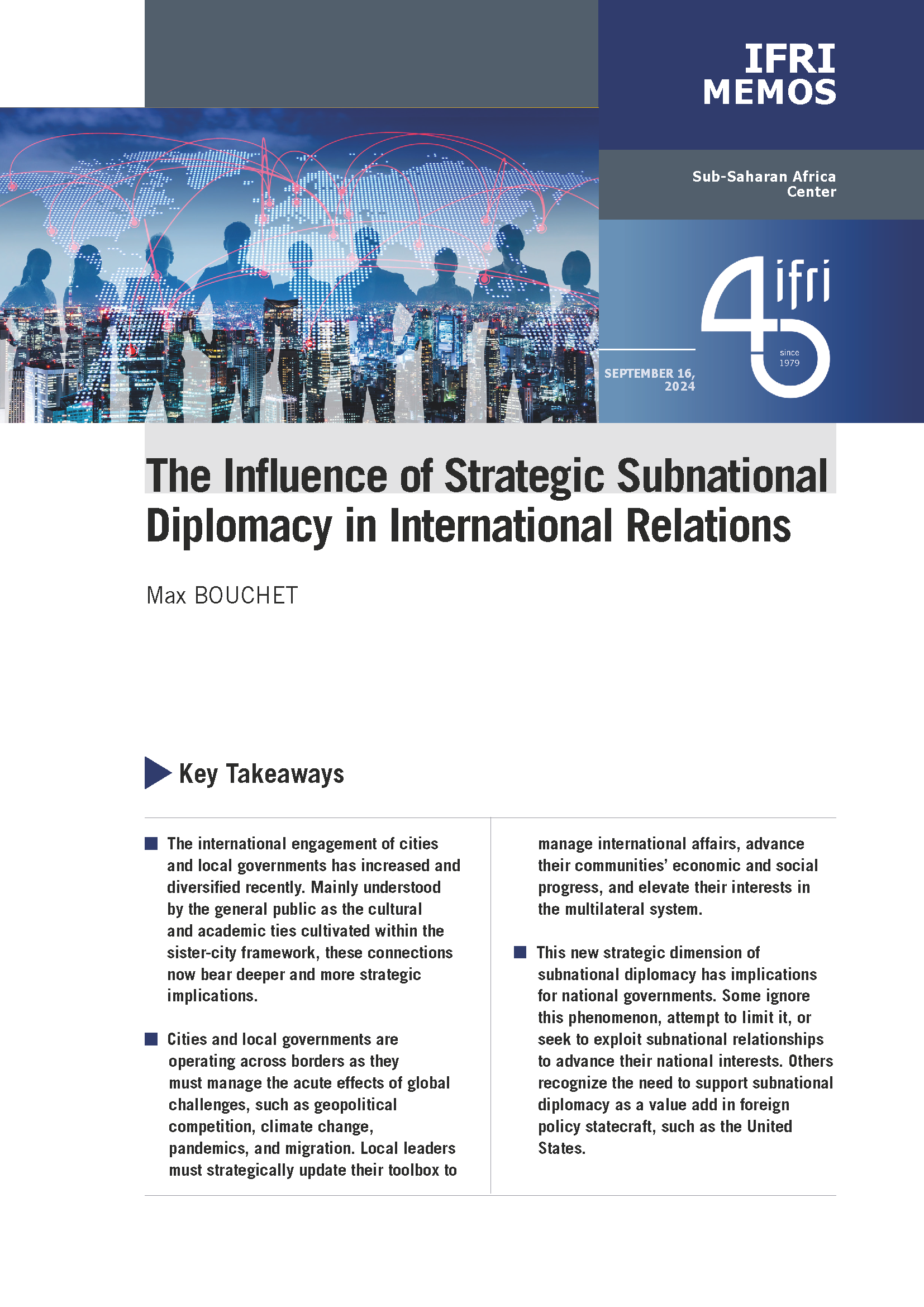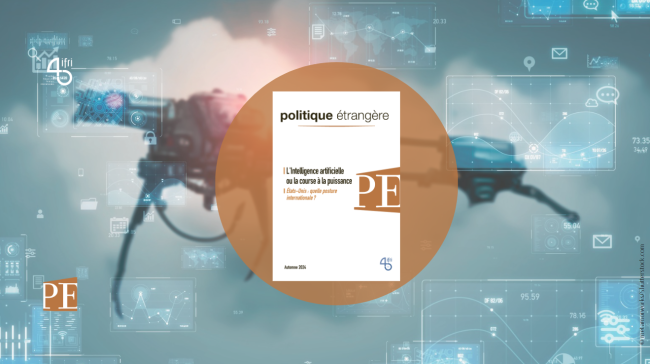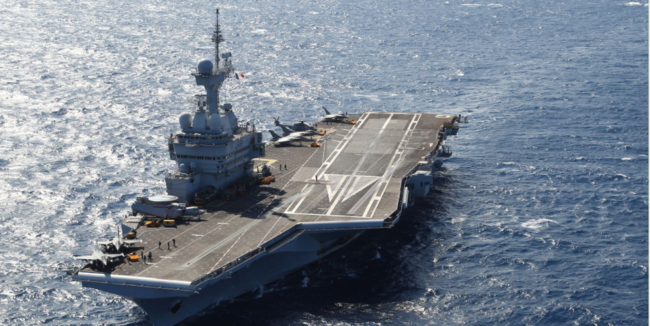Chinese Perceptions of the Utility of Nuclear Weapons: Prospects and Potential Problems in Disarmament

This paper takes a careful look at China's perceptions of the role of nuclear weapons in its national security policy and defense posture.
This is important because China is perceived to be the only country among the five original nuclear-weapon States that is actually expanding its nuclear arsenal, and is also developing anti-space weapons and missile defense, as well as cruise missile capabilities. The qualitative as well as quantitative improvements of the Chinese nuclear arsenal raise important questions for the global nuclear balance in 2025 as the United States and Russia implement their nuclear disarmament commitments, further cutting down their nuclear arsenals. The more critical question to ask is, therefore, how Beijing views the utility of nuclear weapons and how and to what extent such perspectives influence China's attitudes toward and participation in multilateral nuclear disarmament.

Also available in:
Regions and themes
ISBN / ISSN
Share
Download the full analysis
This page contains only a summary of our work. If you would like to have access to all the information from our research on the subject, you can download the full version in PDF format.
Chinese Perceptions of the Utility of Nuclear Weapons: Prospects and Potential Problems in Disarmament
Related centers and programs
Discover our other research centers and programsFind out more
Discover all our analysesEUDIS, HEDI, DIANA: What's behind Three Defense Innovation Acronyms?
In Europe, with Russia’s war of aggression against Ukraine showing little sign of abating, a persistent gap remains between security needs and defense spending. According to a 2006 commitment enshrined at the 2014 Wales NATO summit, the North Atlantic Treaty Organization (NATO) members should disburse no less than 2% of their national gross domestic product (GDP) on defense, out of which 20% is to be spent on equipment and research and development. In 2024, only 23 Allies out of 32 are expected to meet or exceed this target, though a significant improvement from only three in 2014. This total includes the United States (US) devoting 3.38% of its GDP to defense, constituting almost 70% of all NATO member defense spending combined.
From Ukraine to Gaza: Military Uses of Artificial Intelligence
The wars in Ukraine and Gaza show us the extent to which artificial intelligence (AI) has become integral to battlefield operations.

French thinking on AI integration and interaction with nuclear command and control, force structure, and decision-making
This paper analyses the French literature on France’s perception of military AI, especially its consequences on strategic systems and competition, and nuclear deterrence.
The Future of Europe’s Strategic Deterrence is (also) at Sea
A cursory look at both France and the UK suggests that the future of European nuclear deterrence is at sea.










